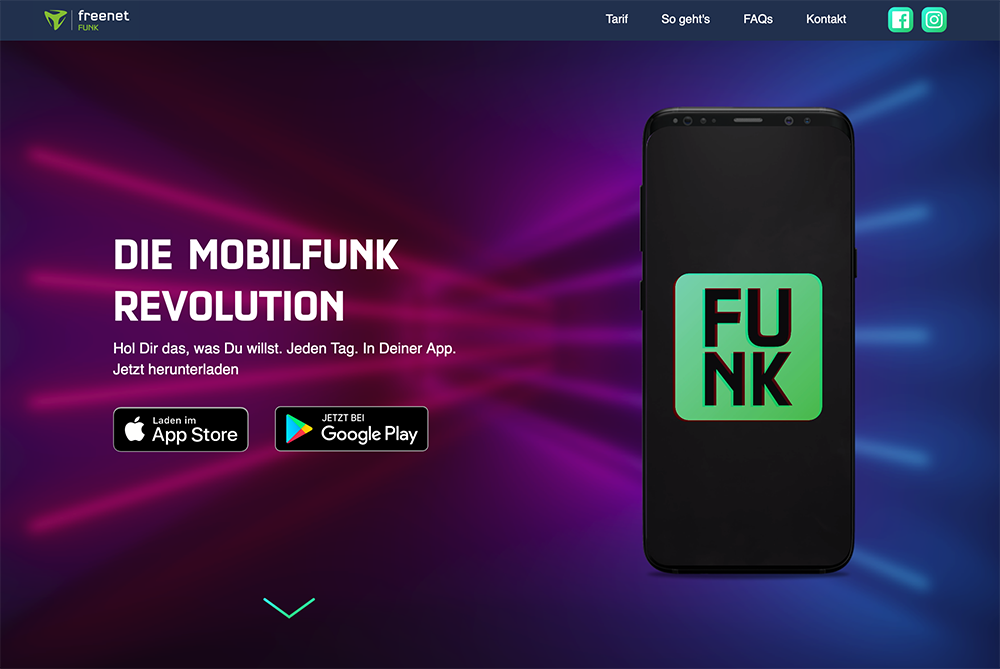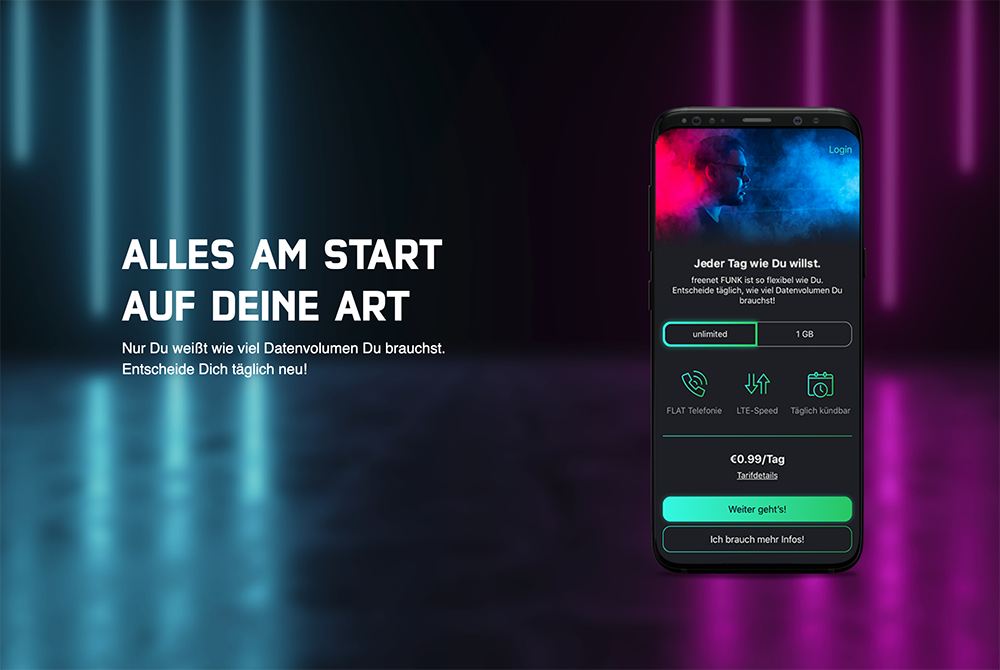
„You can end our collaboration any time with a days notice!“
A brilliant offer my colleague Willi Schneider – an Interim Manager – always mentions in his first meeting with potential new clients. Usually consultants are eager to work based on long-term retainers – so why does he offer this option – obviously to his disadvantage? He creates trust in the early phase of the customer relationship:
- He proved that he is convinced in the quality of his work and therefore they can be convinced as well (you could cancel but you won’t!)
- He offers a „trust retainer“ towards his clients – which makes the client’s trust in him grow (you could book me out for the next year just in case and then cancel after some days – but I trust that you handle our relationship with care)
- He eliminates so called „trust friction“ in their decision making (can we really trust in his competence and intention? – well we can cancel anytime if he promised too much!)
One of the key drivers to be seen as trustworthy is communicated self-limitation – obviously to ones disadvantage.
It’s like the gesture of two open hands held up. It makes you pretty vulnerable and limits your ability to defend yourself IF the other person would have the intention to harm you. It communicates „you can trust me“ (because I trust you). Same with offering your hand for a handshake. You show that you trust the other person – and at the same time increase your trustworthiness. You offer kind of a trust retainer which triggers feelings of trust at the counterpart – a fascinating interrelationship of trust.
The „eternal trial phase“ pattern is using this phenomenon. Especially in the initial phase of relationships, when both partners try to figure out, if they should collaborate, we usually demand commitment before access.
In commerce, we invest trust (with a payment, our data, our efforts, our time etc.) based on promises made (Marketing). We need to trust, that what we experience after we commit ourselves is what was promised. This creates an uneven trust balance – we have to invest trust without the other party doing the same. This seems to work mainly due to a general trust into legislation and laws which make us assume that we don’t get tricked.
The trust pattern „eternal trial phase“ redesigns this uneven trust balance towards a system in which the buyer’s commitment can easily be withdrawn anytime in the relationship – to the disadvantage of the selling partner.
Freenet’s revolutionary FUNK App is based on the „eternal trial phase“ trust pattern.

In comparison to the standard 24 month contracts customers are used to sign, the FUNK APP idea appears to be a rather vulnerable business model .
But from a Marketing perspective, the FUNK APP seems genius to me! Freenet understood, that the standard 24 month contracts are often seen as an unfair trick telcos use to rip off their clients. Offering the „eternal trial phase“ – customers’ trust friction is reduced to a minimum – allowing a smooth purchase decision.
The FUNK APP’s main objective is to communicate trustworthiness. The message is clear: there is no need to trust Freenet beforehand. „As we are absolutely convinced of the value we offer, we can make the verification and (if needed) cancelation of our offering extremely easy – „no strings attached“.
The „eternal trial phase“ pattern …
- reduces initial trust friction
- eases decision making
- triggers a trustful relationship right from the beginning
- and customers appreciate it. They pay slightly more (The FUNK APP offer sums up to about 30,- € a month for the premium package) as long as they want to be commited.
I am convinced that this new way of selling telco contracts will result in an extreme increases of new customer acquisition and – although made as easy as possible – will decrease the customer churn rate.
What about your offering?
How could an „eternal trial phase“ offering look like in your industry?
Get in touch and we will figure it out!
Also published on Medium.
